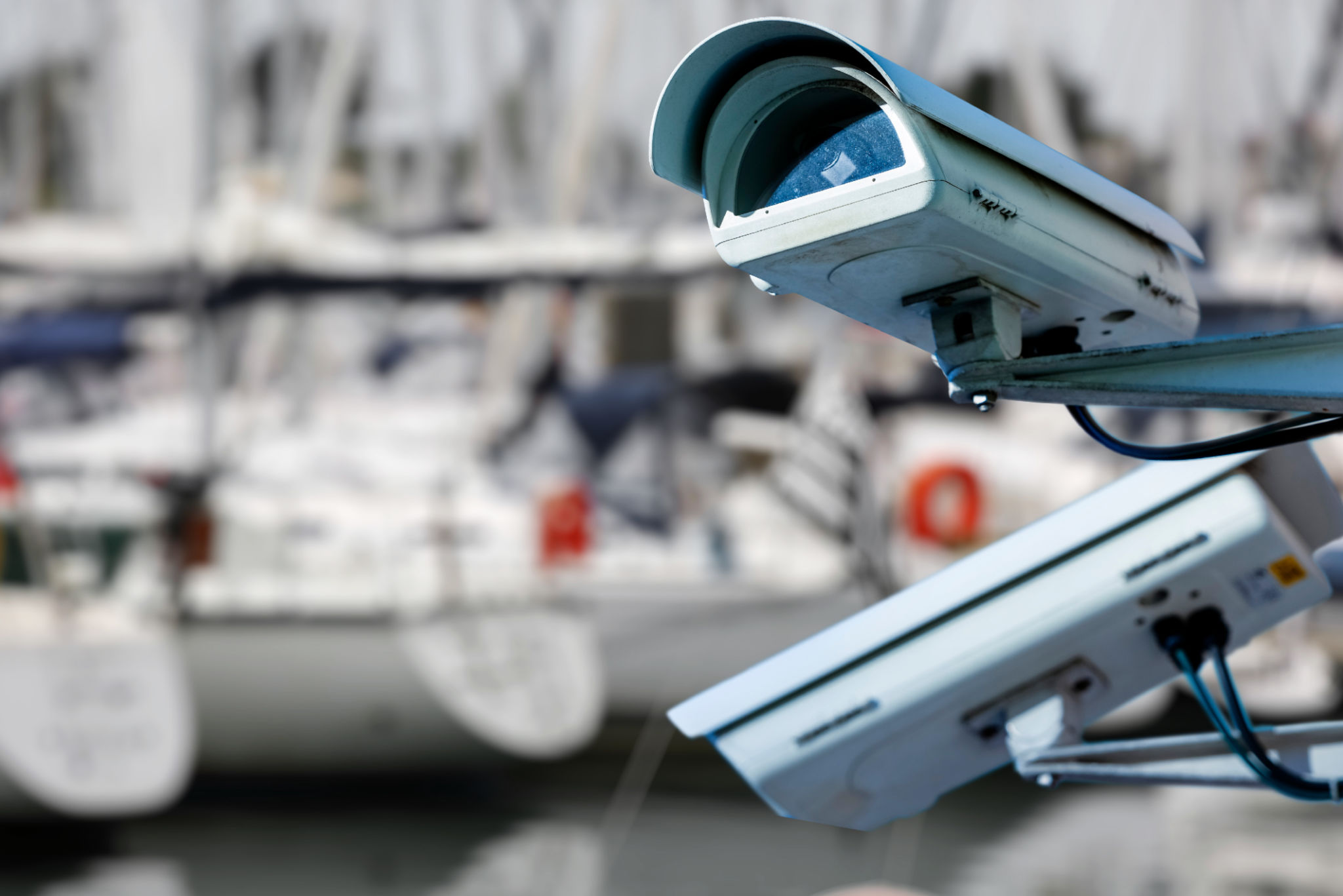AI/ML Innovations in the Maritime Industry
Revolutionizing Navigation
The maritime industry, traditionally reliant on manual processes and human expertise, is undergoing a significant transformation with the advent of Artificial Intelligence (AI) and Machine Learning (ML). These technologies are revolutionizing navigation by providing more accurate predictive analytics for routes, weather patterns, and sea conditions. This not only enhances safety but also improves efficiency, allowing ships to navigate the vast oceans with greater precision.
AI systems can analyze historical data and real-time information to recommend optimal routes, leading to fuel savings and reduced environmental impact. Additionally, machine learning algorithms continually improve by learning from new data, ensuring that navigation systems become smarter over time.

Enhancing Safety and Security
One of the most critical areas where AI/ML innovations are making a difference is in enhancing the safety and security of maritime operations. AI-powered surveillance systems are capable of monitoring vast areas of the ocean, detecting potential threats such as piracy or unauthorized vessels. This proactive approach allows for quicker responses to potential dangers.
Moreover, machine learning models can predict equipment failures before they occur, allowing for preemptive maintenance and minimizing the risk of accidents. This predictive maintenance not only ensures the safety of the crew but also reduces downtime, significantly improving operational efficiency.

Optimizing Operations
AI and ML are also playing a crucial role in optimizing various operational aspects of maritime businesses. From inventory management to cargo loading and unloading, these technologies streamline processes, reduce human error, and increase productivity. Automated systems can manage logistics more effectively, ensuring that goods are transported smoothly and efficiently.
Furthermore, AI-driven analytics provide valuable insights into operational performance, helping companies make informed decisions about resource allocation and supply chain management. This data-driven approach allows maritime businesses to remain competitive in a rapidly changing market.

Improving Environmental Sustainability
The push towards sustainability is another area where AI and ML are making significant strides in the maritime industry. By optimizing fuel consumption and reducing emissions, these technologies are helping to minimize the environmental footprint of shipping operations. AI systems monitor engine performance and suggest adjustments to improve fuel efficiency.
Additionally, machine learning models analyze weather patterns and ocean currents to recommend routes that minimize energy usage. This not only reduces costs but also aligns with global efforts to combat climate change by lowering greenhouse gas emissions.

The Future of AI/ML in Maritime
The future of AI and ML in the maritime industry looks promising, with continued advancements expected in the coming years. As these technologies evolve, we can anticipate even more sophisticated applications that will further enhance safety, efficiency, and sustainability.
Collaboration between maritime stakeholders and technology providers will be key to unlocking the full potential of AI and ML. By investing in research and development, the industry can ensure that these innovations continue to drive progress and transform maritime operations for the better.
